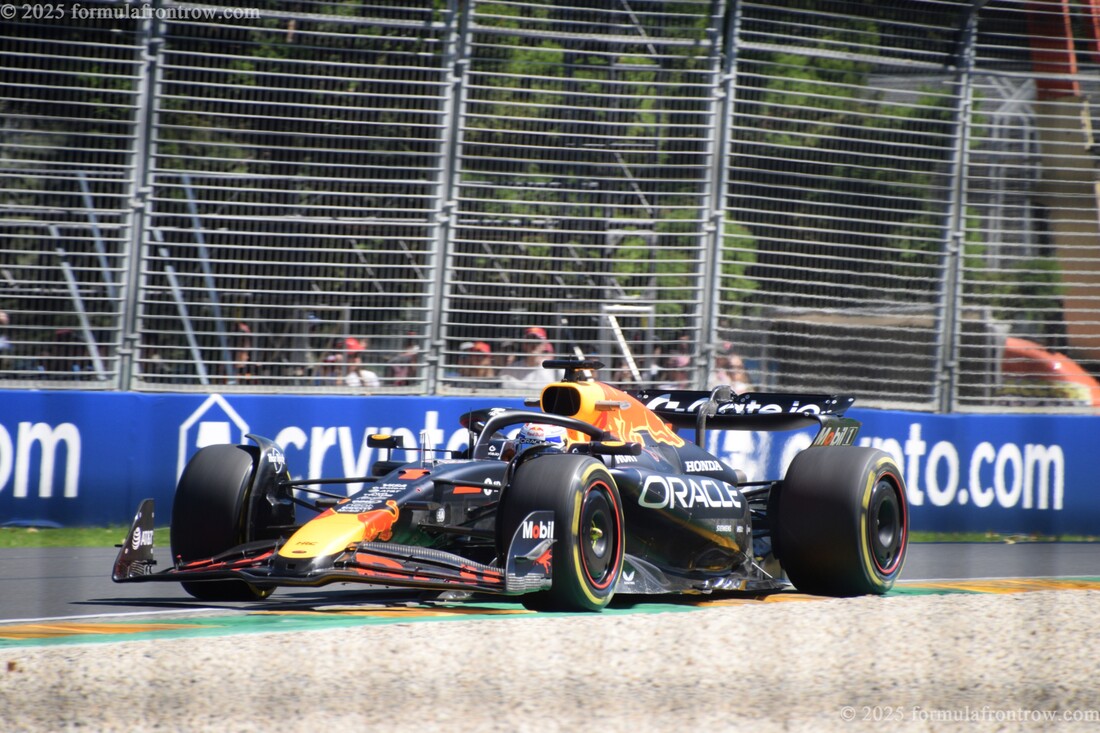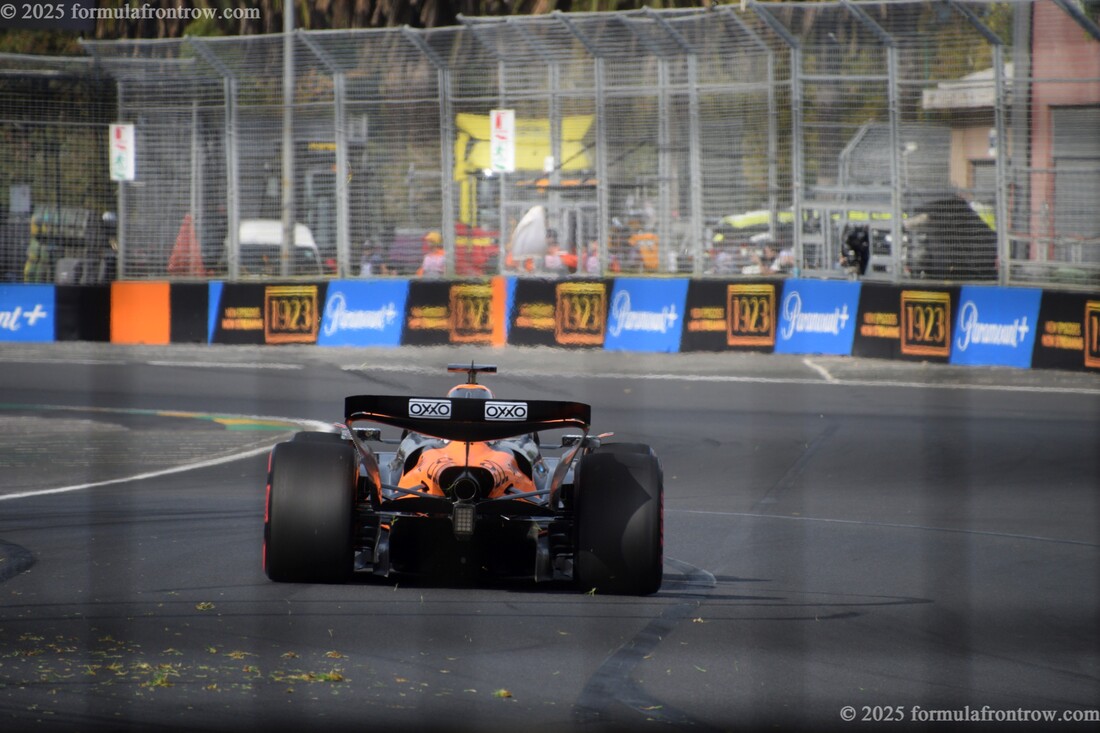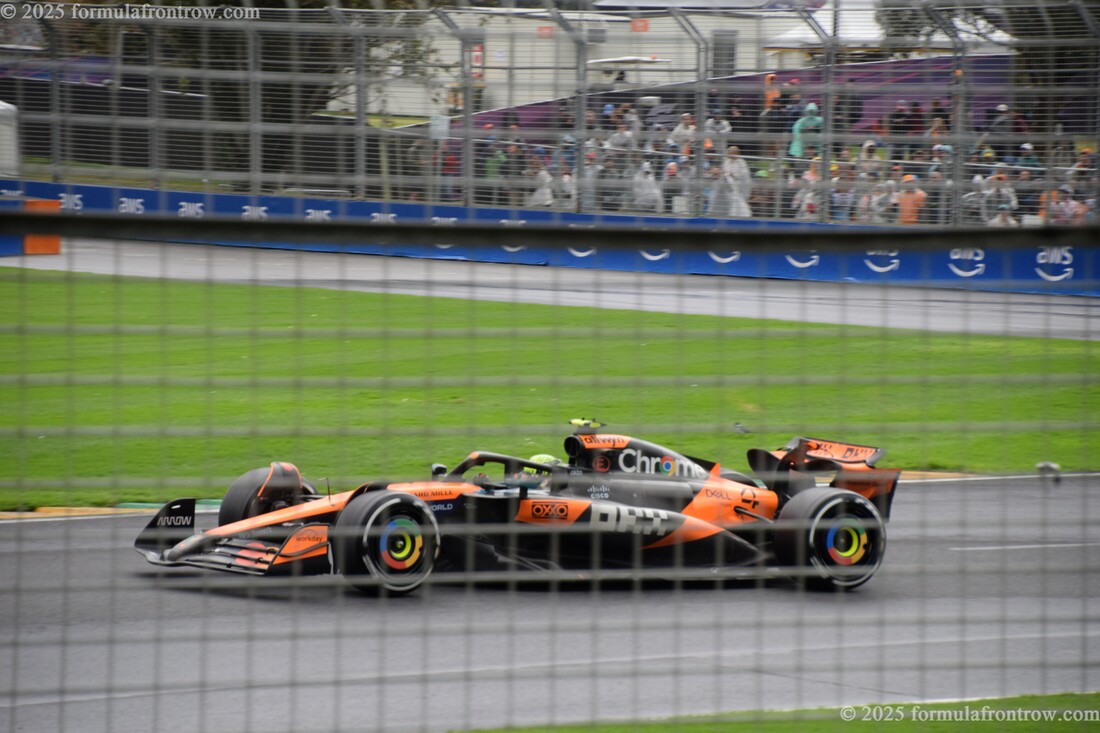 Felipe Nasr, Sauber, AGP. (C) Felipe Nasr, Sauber, AGP. (C) It seems as though the formidable Mercedes Formula One team have started their 2015 campaign where they left off from 2014 by dominating the Australian Grand Prix with a crushing 1-2 victory at Albert Park. Certainly looks ominous for the rest of the F1 field this season doesn't it? The bulk of the field already seem to be admitting defeat and only aspiring to second position in the championship. While Mercedes continue their dominance, it's interesting to chart the fortunes of some of the other teams. It seems apparent that Ferrari have made some marked improvements over the winter. Their battle with the resurgent Williams team will be one of the most fascinating contests over the course of the season. What of Red Bull? After a lacklustre AGP, have the once dominant team got some serious soul searching to do? Will their car development allow them to bounce back and punch at the front? McLaren? Reunited with Honda. Well, they have a mountain to climb, don't they? But will they find that mountain insurmountable? We could speculate about the impending season and how all teams will fare, but it's the performance of this year's rookies that warrants scrutiny. Have Scuderia Toro Rosso made a couple of inspired choices with their promotion of two drivers from the Red Bull Junior Team? Max Verstappen's rise to F1 has been meteoric. A karting prodigy, he won the 2013 World KZ Championship in karting's highest level, KZ1, driving for the CRG factory team. 2014 saw him compete in the European F3 Championship where he won 10 races, joined the Red Bull Junior Team in August and was promptly announced as STR's F1 driver six days later. Verstappen was on his way to a points finish on debut at the AGP until his STR expired. Guided by his father Jos, himself a former F1 driver, much has been touted about the 17yo who incidentally is the youngest driver ever to compete in F1. Like Max Verstappen, his team mate also has impressive pedigree. The son of two-time World Rally Championship winner Carlos Sainz, Carlos Sainz Jr won the 2014 Formula Renault 3.5 Series before promotion to F1 with STR. A faultless display all weekend saw him claim points on debut. If not for an extremely long pit stop, he would have secured a higher place finish than 9th. The Sauber F1 team have finally broken their points scoring drought with a mature drive to 5th by Brazilian rookie Felipe Nasr. The 2011 British F3 champion held off the more experienced Daniel Ricciardo for the bulk of the race to score Sauber's first points since 2013. Impressive debuts or not? More importantly, can 2015's young crop of F1 rookies sustain their performances throughout the season? Do they also have the innate ability to develop their cars and to galvanise and therefore push their respective teams forward? Malaysia's next, along with its oppressive humidity and heat. A stern test indeed. Ciao....
0 Comments
Here we go again. Another Formula One season about to commence. Another bunch of challengers hoping to dethrone Lewis Hamilton and Mercedes, and the first salvo to once again be fittingly fired at Melbourne's stunning lakeside street circuit, Albert Park.
Normally at this time of year we like to preview Australia's premier motorsport event. Whether it be speculative statements about possible scenarios, great vantage points where F1 cars flirt in close proximity with the ever present walls, what to do whilst visiting beautiful Melbourne, photographic tips or simply season predictions. This year, it's the TV coverage that has sparked a lot of discussion. In recent years, worldwide TV viewer numbers for F1 have steadily declined. F1 has traditionally attracted the highest viewing numbers worldwide for any sport. It's aired on average every 2 weeks between March and November. Only the summer Olympics and World Cup Soccer attract higher numbers, but those events are only every 4 years. Can the fall in the number of punters tuning in be attributed to F1's migration from free-to-air TV to pay TV? Conjecture was rife last year in the UK when it was announced that only pay TV's Sky Sports would be televising all F1 events live in 2014, whilst free-to-air broadcaster BBC would only be showing some events in entirety and the rest via a highlights package. In 2015, Australia is going down a similar path. Opinions were also divided in Australia when it was announced the hugely popular V8 Supercars would be moving over to pay TV and only 6 events broadcast in entirety on free-to-air. Now Australia's F1 coverage is following a similar path to V8 Supercars. Of 2015's 20 F1 events, only 10 are fully broadcast on free-to-air. The other 10 are going to be broadcast via a 1 hour highlights package on Monday evenings. Has this divided Australia's F1 thirsty viewers down the middle? There are those that say the move to pay TV's Foxtel is a good thing. All practise sessions, qualifying and extended race coverage shown on Foxtel coupled with personal viewer preferences is well worth the price. The subscribers will say it's only a case of beer or a couple of packets of ciggies a month. But what about those that cannot sustain the imposition on their wallets? There are those who simply don't have the disposable cash because of family demands, mortgages, car payments, online commitments and the like. What about old age pensioners on a fixed income? They're already fiscally stretched and are quite possibly long time loyal viewers. To lash out on pay TV could be a racing circuit too far for them. Let's see how the viewing figures pan out come season's end. See you at Albert Park. Ciao.... |
Categories
All
Archives
September 2025
|



